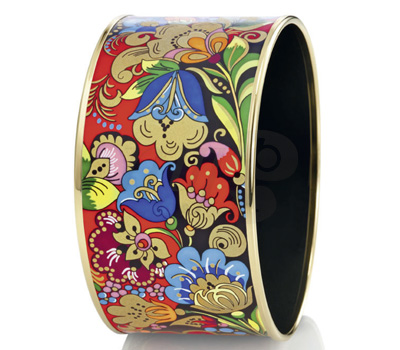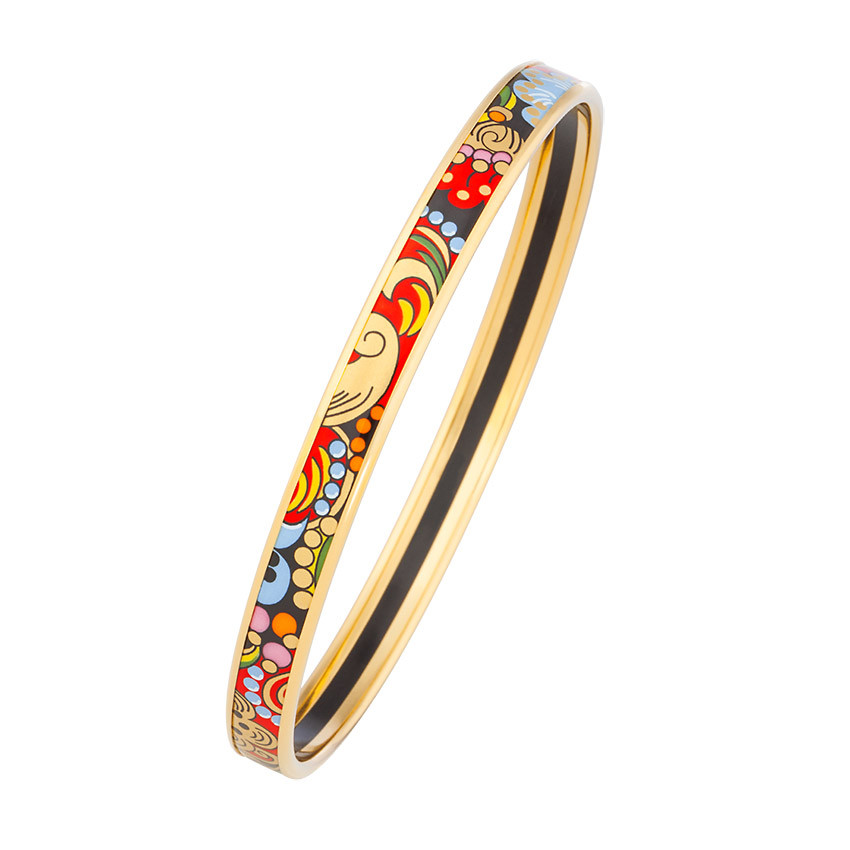

Wille developed its wholesale distribution network and, after opening a boutique in Paris, they formed a partnership with Hermès to produce enamel bangles matching the beloved designer scarves. Her traditional craftsmanship appealed to both locals and foreign tourists. For two decades, Frey had been painting colorful enamel jewelry by hand in her Gumpendorferstraße atelier. In 1971, soon after becoming a chartered accountant, he went into business with Michaela Frey. Courtesy of Frey Willeīeing fluent in four languages has been an asset for Friedrich Wille as he has expanded his jewelry business throughout Europe and beyond (there are currently over 90 Frey Wille boutiques on five continents). “My designs don’t look ridiculously dated after one year.” The risk-taking accountant Frey Wille proffers distinctive jewelry, enamel and gold designs inspired by artists and art historical motifs. “My customers pay a premium price because they want their leather goods to be a lifelong companion,” he said. Like many Austrians, Horn believes that real luxury lies in the craftsmanship, durability and, above all, timeless style of a product – not just its price tag or celebrity endorsement. To this day, his idiosyncratic products, such as replicas of Thomas Mann’s briefcase and Sigmund Freud’s eyeglass case, are stocked exclusively by a handful of retailers in the EU, the Neue Galerie’s design shop in New York City and his own three shops in Vienna. Soon enough, all of Vienna knew where to go for their leather goods.īut the slim profit margins for his wares limited their wholesale distribution. Switching gears, he launched his first collection of handmade leather wallets, bags and accessories and opened his first boutique, on Bräunerstraße, in 1987.Īn illustrated article in the Austrian magazine Profil propelled his business overnight. Despite quickly landing a large order, he came to understand that it was not a viable business model. “I realized I could get a factory to reproduce my best pair of handmade shoes in all sizes and sell them through expensive shops in Germany.”

While visiting his bespoke shoemaker in Baden (“We saw ourselves as elitist hippies,” he explained), Horn asked his friend, “What is it I really know about?” The friend replied, “Well, you understand handmade shoes better than anyone!”

Yet he lacked intimate knowledge of either profession. An apprenticeship in his aunt’s textile business taught him a trade, but he “couldn’t imagine working in a ladies undergarment department selling 25 different types of polyester night gowns.” He and some friends formed a filmmaker cooperative producing documentaries for Austrian television. His father, a holocaust survivor, wanted him to study history. While his close-cropped gray hair, horn-rimmed glasses, and quirky dress sense (see photo) don’t betray Robert Horn’s freewheeling hippie youth, neither do they mark him as a typical player in the luxury goods market.Īt the end of the 1960s, Horn contemplated what to do with his life. Courtesy of R Horn’s Wien The Elitist Hippie Roughly the same age, Robert Horn and Wille have personalities as dissimilar as the business paths they’ve chosen – but at heart they’re both Viennese, and embody distinct Viennese attitudes towards luxury. Horn’s Wien, a small firm specializing in leather products. Years later, I became a freelancer and among my clients was R. Yet since moving to Vienna from America in 2001, I have found myself working with two of them. Soon after my arrival here, my uncle-in-law, Friedrich Wille, offered me a chance to join his international marketing team at Frey Wille, his Vienna-based luxury brand of enamel jewelry and accessories.

If someone pointed a gun at my head and ordered me to name five luxury brands from Vienna, I’d be in quite a jam. Two Viennese entrepreneurs with very different paths to success embody the city’s attitude towards luxury


 0 kommentar(er)
0 kommentar(er)
